Gods Of The Asteroids: Ancient Deities And Cosmic Rocks
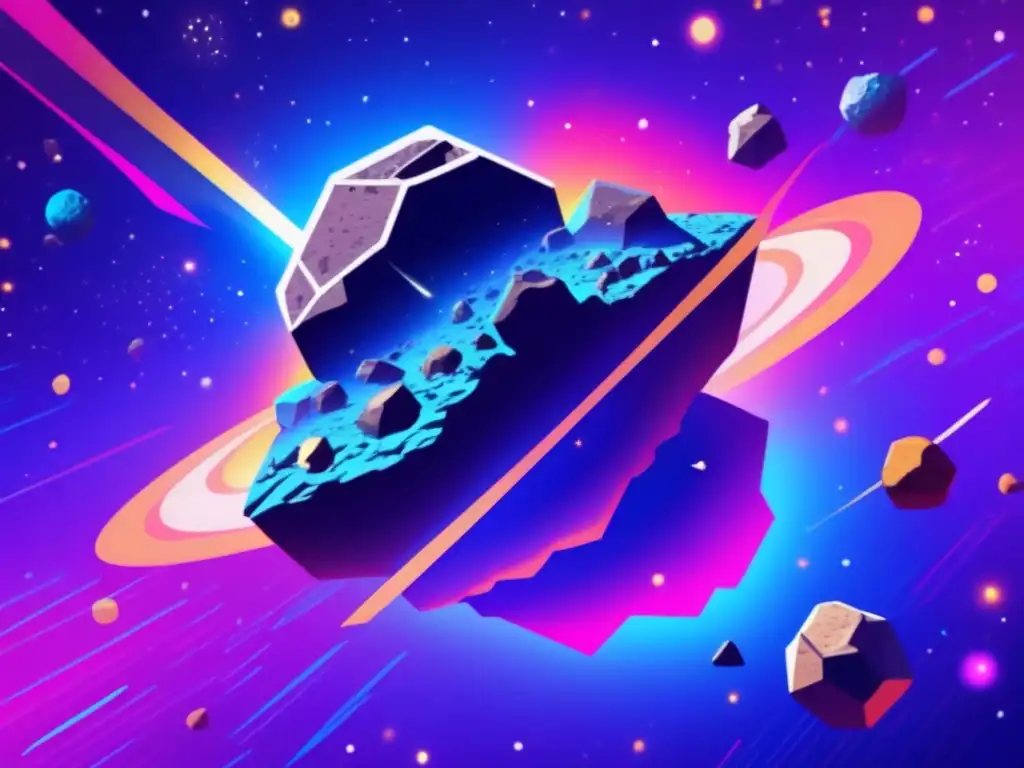
Introduction
Asteroids have been intriguing celestial bodies that have captured human imagination for centuries. Ancient civilizations believed in the power and influence of asteroids on their everyday lives. The concept of gods associated with these cosmic rocks is not new, and many ancient cultures have worshipped these deities and imbued them with supernatural powers.
Asteroid Gods in Mythology
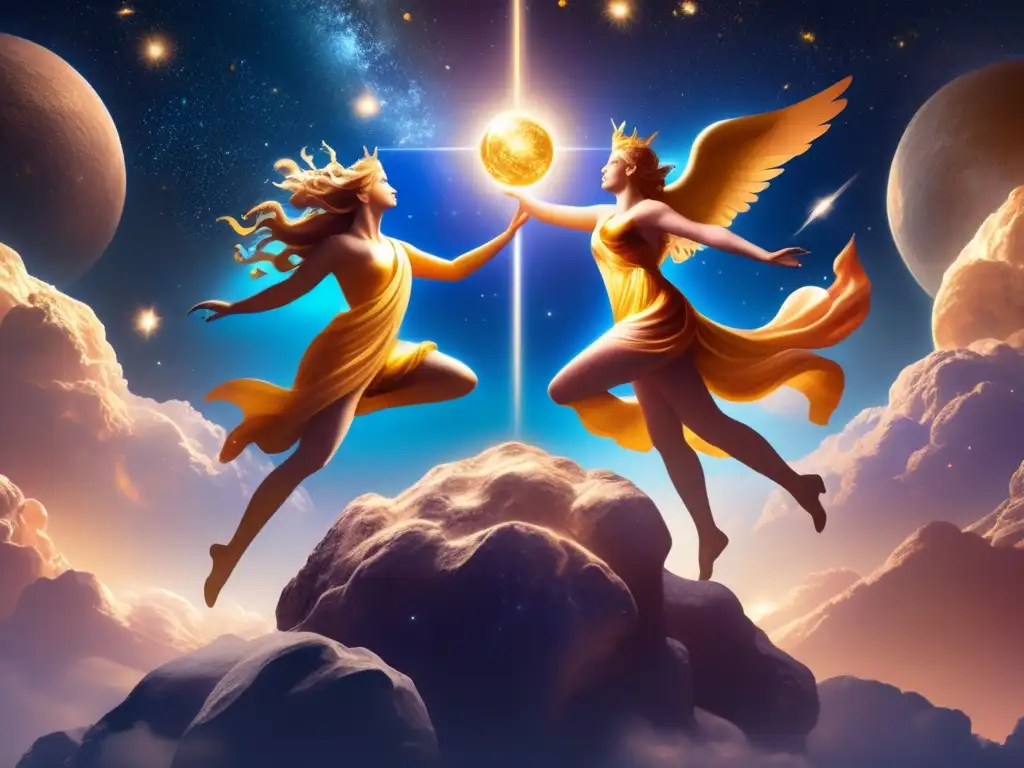
Greek Mythology: Apollo and Artemis
In Greek mythology, the twin siblings, Apollo and Artemis, are associated with the sun and moon, respectively. They are also known as the divinities who protect mankind from plagues and diseases as well as the patrons of healing and medicine. According to the myth, they were born on the island of Delos, where their mother Leto fled from Hera, the wife of Zeus, to give birth to them safely. Asteroids named after these two gods are 5731 Zeus and 105 Artemis.
Roman Mythology: Ceres
The name Ceres has been taken from the Roman goddess of agriculture, grain crops, and fertility. This asteroid was discovered in 1801 by Giuseppe Piazzi and became the first asteroid to be identified. Ceres is located in the asteroid belt between Mars and Jupiter, and it is the largest object in the region. Ceres is the only dwarf planet in the inner solar system and has recently become the center of attention due to its potential for hosting microbial life.
Asteroids in Religion

Navagraha refers to the nine celestial objects or gods in Hinduism who are believed to control one's destiny. These include the Sun, the Moon, Mars, Mercury, Jupiter, Venus, Saturn, Rahu, and Ketu. These deities are believed to have a direct effect on human affairs and are worshipped by millions of Hindus worldwide.
Mayan Culture: Tzolkin
The Tzolkin calendar, used by the Mayan civilization, is centered around thirteen numbers and twenty-day signs. The calendar also includes a cycle of 260 days, which is linked to the rotation of five planets and the asteroid belt. The day-signs and numbering cycles were believed to have a significant impact on the lives of people and events such as marriages, agricultural activities, and wars.
Asteroids in Modern Times
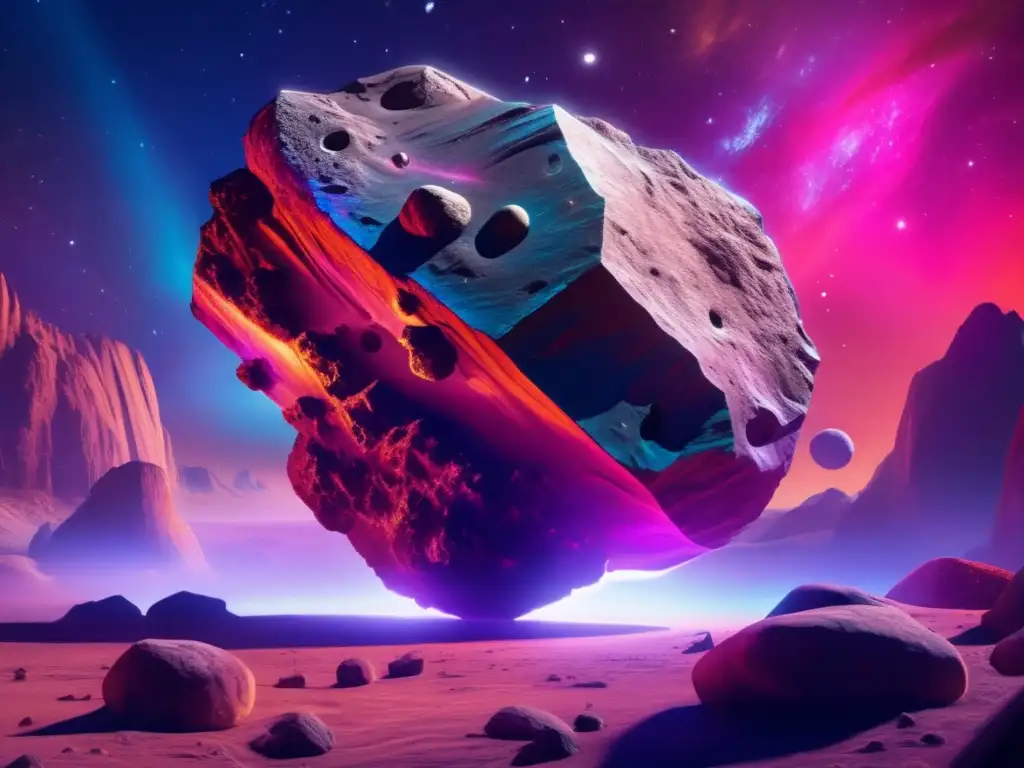
Asteroid Mining
With the increasing demand for rare metals such as gold, platinum, and palladium on Earth, many private companies have turned their focus towards mining asteroids. The motivation for asteroid mining is that many asteroids contain large quantities of these valuable metals and minerals, making them an attractive target for investors. The most significant advantage of asteroid mining is that it can lower the cost of space exploration and open up new avenues for human exploration into space.
Asteroid Impact Avoidance Techniques
Within the scientific community, research has been focused on developing technologies and methods to protect the Earth from asteroid impacts. One such method is kinetic impactors, which involve intercepting an incoming asteroid and deflecting its trajectory by crashing a massive object into it. Another approach is the gravity tractor that uses the gravitational pull of a spacecraft to gently steer an asteroid away from Earth. The use of these technologies is crucial in protecting the planet from a catastrophic asteroid collision.
Frequently Asked Questions
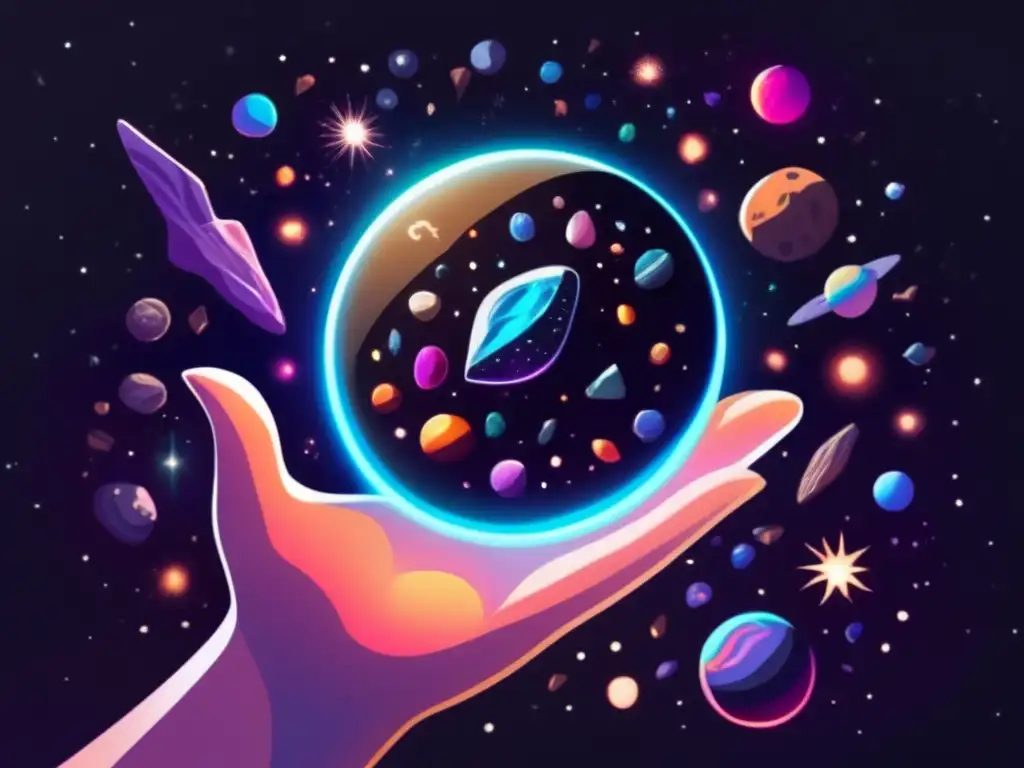
-
What is the asteroid belt?
The asteroid belt is a region located between Mars and Jupiter, consisting of millions of rocky objects orbiting the sun.
-
What is the difference between an asteroid and a comet?
Asteroids are made up of rock and metal, while comets are primarily made up of ice, dust, and rocky debris.
-
What is the significance of asteroids in space exploration?
Asteroids are significant in space exploration as they are a source of rare metals and minerals and may contain clues about the formation of the solar system.
-
Why are asteroids important in astrobiology?
Asteroids are important in astrobiology as they may contain organic molecules that could provide information on the origins of life on Earth and other planets.
-
Can an asteroid hit Earth?
Yes, an asteroid impact on Earth is possible, and it can have catastrophic consequences for life on the planet.
Conclusion
Asteroids have always fascinated humans with their unique characteristics and cosmic significance. From ancient deities to modern technologies, asteroids have played a significant role in human history and continue to do so. The study and understanding of these celestial bodies can provide valuable insights into the formation of our solar system and our place in the universe. We invite readers to share their thoughts and opinions on this topic in the comments section and to explore www.asteroidrealm.com for further information and resources.
Additional Resources
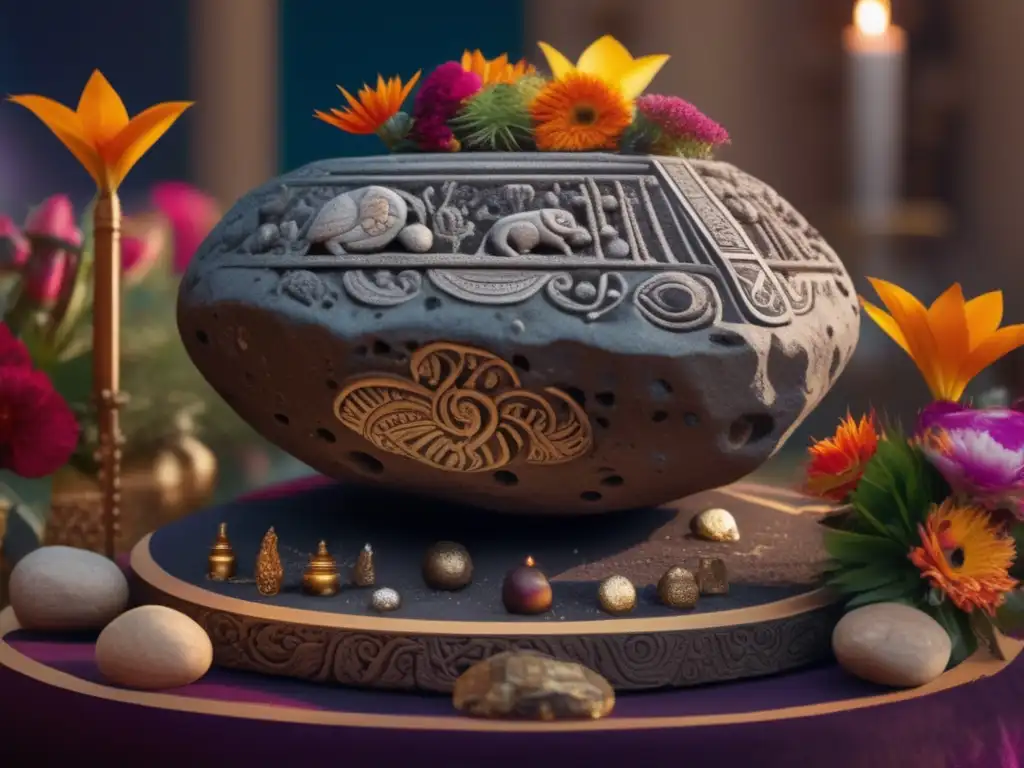
For further reading and research on asteroids, please visit the following sites:
 Sky Portents: Asteroids In Early Chinese Literature
Sky Portents: Asteroids In Early Chinese Literature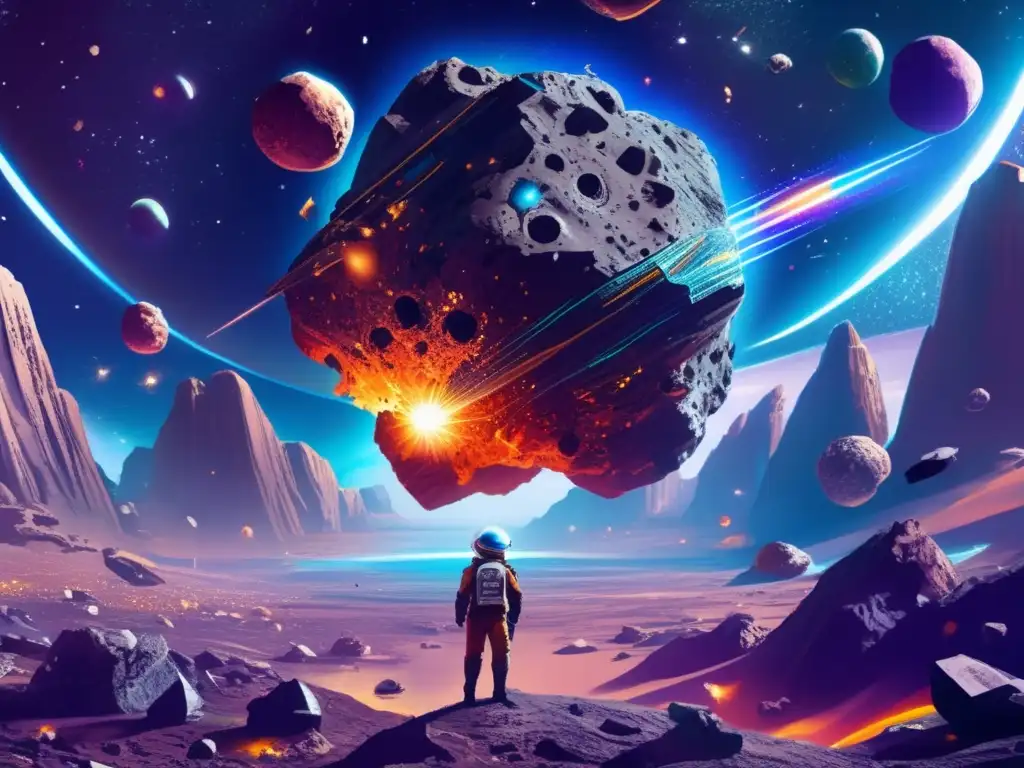 Asteroids In The Quran: A Thorough Analysis
Asteroids In The Quran: A Thorough Analysis The Cosmic Arrow: Asteroids In Native American War Myths
The Cosmic Arrow: Asteroids In Native American War MythsIf you want to discover more articles similar to Gods Of The Asteroids: Ancient Deities And Cosmic Rocks, you can visit the Asteroid Mythology category.
Leave a Reply

Articulos relacionados: